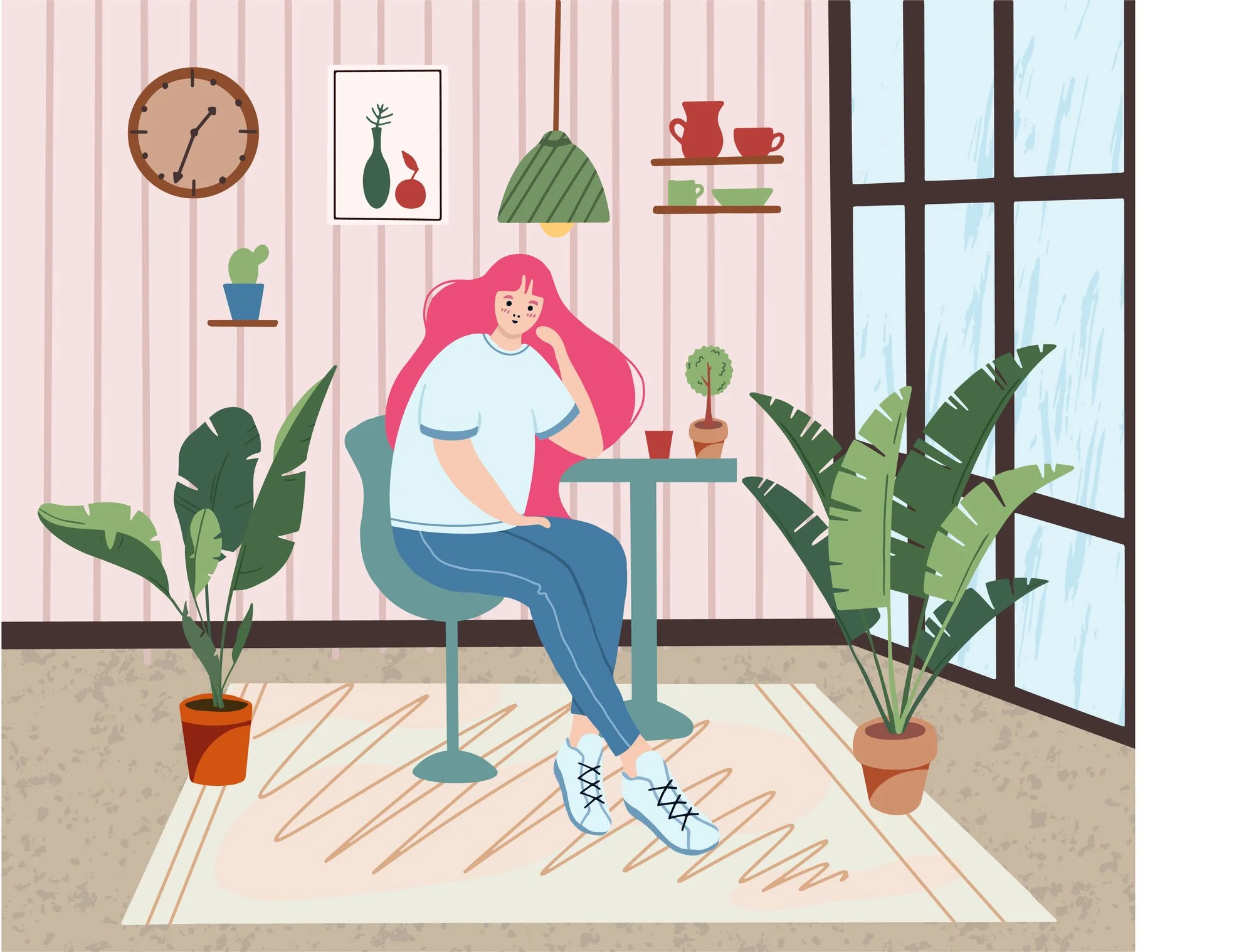Toxic Positivity 101
You're sitting down with your bestie for life having a girl's date over brunch and coffee. After some small talk, catching up on the past few months you haven’t been able to see one another, you tell her that recently you got let go from your position due to mass layoff. You break down when you spill the news because the lump in your throat got way too big to keep in. She runs around the table, gives you one of her infamous squeezy hugs and says “oh, honey, I’m so sorry. You can get another job!”
Knife. To. The. Heart.
Sure, yes, you CAN get another job, but why did she minimize your present experience?
Two words: toxic positivity.
You may be thinking “my best friend would never say something like that to me” and I am here to tell you that yes, it can come from your BBFL (best friend for life). It can also come from a stranger, a family member, or even yourself. Often times people are not even aware they are spreading toxic positivity. They think they are helping, when in fact they are hurting.
So, what is toxic positivity exactly? It’s the belief that no matter how dire or difficult a situation is, people should maintain a positive mindset. While being optimistic and leaning heavily into positive thinking can be beneficial, toxic positivity rejects all difficult emotions.
And that, quite frankly, dehumanizes our experience.
Now we all know that positive thinking is good for your mental well-being. It encourages better stress management and coping skills and lowers your risk of depression. The problem, however, is that life isn't always positive. Everyone experiences painful situations and emotions, and it’s important that those uncomfortable emotions are felt and dealt with openly and honestly to achieve acceptance.
Toxic positivity takes positive thinking to an overgeneralized extreme. This attitude doesn't just stress the importance of optimism— it also minimizes and even denies any emotion that falls into the uncomfortable category. Toxic Positivity removes empathy from the situation.
Next time someone comes to you with a challenging experience or an anything-but-happy emotion, take a moment to pause before you respond. Reflect on what your natural inclination is when it comes to offering support. If your first instinct is to respond with a positive twist, imagine being on the receiving end. What would you want offered to you in a time of need? Most likely you would just want to be held, right where you are.
Offer a hand to hold while your friend, family member, or a stranger you don’t know offers an intimate detail about their mental well-being. Be a witness and stand in the pain or challenge with them.
Let’s take a moment to apply this to the scenario above. Your BFFL comes to you and tells you that they got fired. Instead of “you can get another job!”, tell them “I’m so sorry to hear that. That really sucks. How are you holding up?” and then all you have to do is listen and hold space for them. Not every cloud has a silver lining and that’s okay. Sometimes all you need is for someone to show up during the storm and hold the umbrella.
Too much of anything can be bad, positivity included. There can be a healthy balance of empathy and support. Remember, not every cloud has a silver lining and that’s okay, as long as you keep them company through the storm. So, grab your umbrella and make sure you show up.

